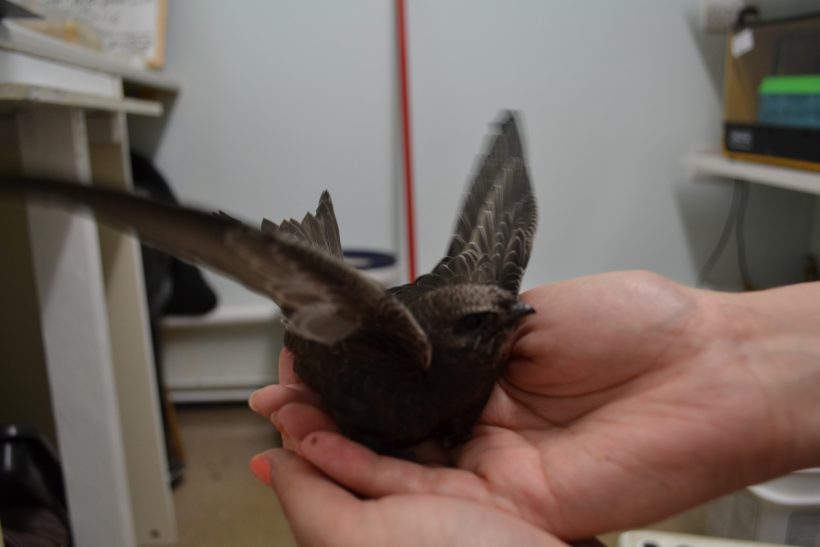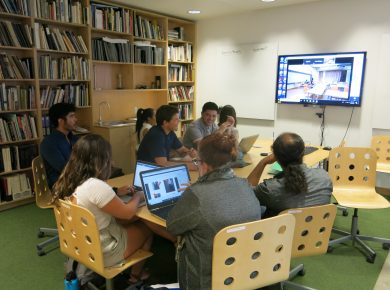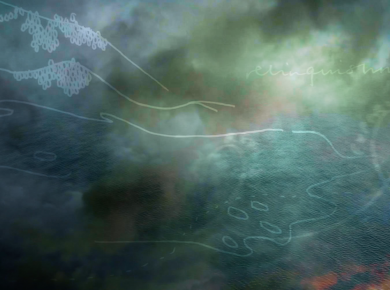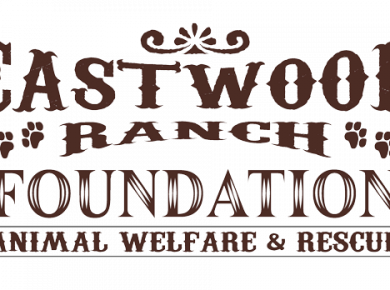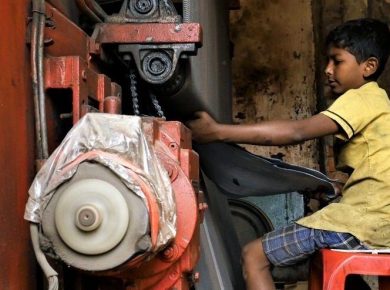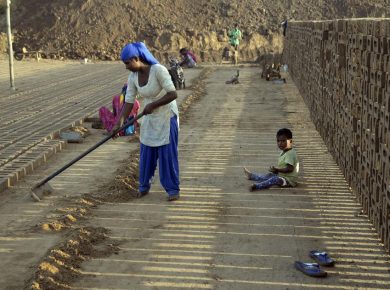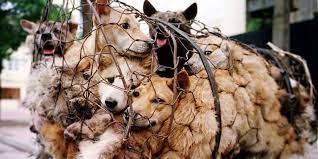HowNow: Have there been any individual animals you remember more than others?
Reynolds: I’ve only been doing British wildlife for a couple of years and many patients stick in my mind because, unfortunately, it’s quite unpleasant. The UK is quite built up so animals come in, in a very poor state. They’ve been hit by cars, they’re emaciated or diseased. Often, and unfortunately, it’s about ending their suffering but one of the wonderful things about wild animals is they are incredibly resilient. There are animals who come in – and you just wonder how they are alive – but, with the right care and rehabilitation, working with our vets, we’re able to bring them through. A fox cub came in last January – which was unusual because they’re not normally born until March. We called her Alex. She was very tiny, really skinny, covered in ticks and on death’s door. She stuck in my mind because there were many times when I was resigned to the fact that she wasn’t going to make it – and she did.
HowNow: And what has been your most challenging case, so far – apart from Alex?
Reynolds: My partner and I were managing a rescue centre in Costa Rica, taking a variety of animals, from primates to snakes, and getting them back into the jungle where they belong. A greater grison had been brought in as a baby before we had arrived. They’re like a cross between an otter and a honey badger and it was quite a big deal to have this animal. Unfortunately, because they’re very intelligent, you have to be careful how you rear them or they’ll figure out that humans are not necessarily all bad, which is not ideal for anyone. It took us about six months to get him ‘wilded up’ which involved taking him into the jungle, actively discouraging interaction and getting him to hone his skills as a wild animal.
We worked very hard on it and eventually he got to a point where he stopped trying to interact with us. So we took him deep into the jungle and we opened the carrier. And I was thinking, ‘please, don’t turn around and come straight over to us’. And, indeed, he walked out of the carrier and – I know it sounds a bit overly humanised – he turned and he did look at us. I thought ‘don’t do it’ but he just walked off. It was one of the most emotional animal experiences I’ve had and it was great to see him go.
HowNow: Do you think that people are more aware about the importance of conserving nature?
Reynolds: Yes. In the last few years, there’s been a huge shift in people’s understanding of the value of green spaces and of issues like climate change and conservation. It’s accelerated at a rate that we haven’t seen in twenty to thirty years, to a general awareness among the population as a whole. Part of that is down to social media and how information is spread. Climate change is a political issue – ten years ago, politicians were claiming it didn’t exist – but now, even the current government accepts that it has to try and make the country carbon neutral by a certain time. It’s not to forgive them but the ones in power are our only hope. And people want to get involved. The growth in community groups is a good example. There are groups dedicated to everything from bird watching to cleaning up the local environment to ‘friends of’ societies – friends of a local woodland, friends of the local pond. COVID-19, for all its terribleness, has also brought out many inequalities including access to green space. There’s a realisation, almost on a national level, that access to green space is a human right
HowNow: And there’s the cause of the pandemic itself.
Reynolds: Yes – [which is] human beings interfering with the environment and having an unnatural amount of contact with wild animals: butchering them, eating them, keeping them in small spaces. Nearly all the major nasty diseases that have gone to pandemic level in the last 20 years have come from us effectively abusing the environment. So there’s more appreciation that, by conserving the natural world, we are literally conserving ourselves. People don’t have to care about nature. They don’t even have to care about animals but they will at least care about themselves.
HowNow: And then there’s a growing concern about antibiotic resistance coming from industrial animal agriculture.
Reynolds: Any form of industrial farming is bad, because of the enormous amount of anti-parasitics and antibiotics washed into the rivers. Now, wild animals from within those areas are becoming increasingly resistant to treatment. It’s a growing issue and, of course, another contributing factor to superbugs.
HowNow: The answer appears to be an overhaul of the farming system and a transition to a plant-based food system.
Reynolds: There’s a huge rise in plant based diets. I’ve never seen so many vegetarian and vegan options in restaurants and supermarkets. There was a mass outrage when Tesco launched an ad for vegan sausages, with all these people saying, ‘they’re trying to convert us!’ – which is hilarious – but the movement just seems to grow, even without actively trying.
HowNow: How can we accelerate awareness?
Reynolds: Education is key – and how it’s delivered. How do you make it acceptable to everybody? The media plays a huge part in that. Local wildlife rescue centres and, with volunteer days and children’s activities, local Wildlife Trusts are great ways for people to keep in touch with what’s going on. You shift people’s understanding by showing them. And the more people see it, the more they will want to save it, the more they will realise its value to themselves.
And the Trusts are constantly making us aware of new developments: there’s a beautiful site for wildfowl and migrating birds on the peninsula near Portsmouth that the authorities want to bulldoze to build a housing estate. It’s utter madness, a critical area for a whole variety of species – and the Wildlife Trusts are leading the way on that.
HowNow: Do you have any wildlife heroes – apart from Chris Packham, who is a patron?
Reynolds: I was lucky to attend a lecture by David Attenborough at university and it was a wonderful two hours. Attenborough makes wildlife accessible to anybody with a television. My admiration for him has grown even more in the past two years because he is starting to break with his old habits of avoiding politics and started working on showing the consequences of climate change. As someone widely respected across the entire political spectrum, Attenborough becoming more vocal about politics and the need for action is important. No matter where you fall on the political scale, caring about the planet and wanting to save wildlife is not some crazy hippy thing. And this is not just for individual animals; it’s for ourselves and future generations.
